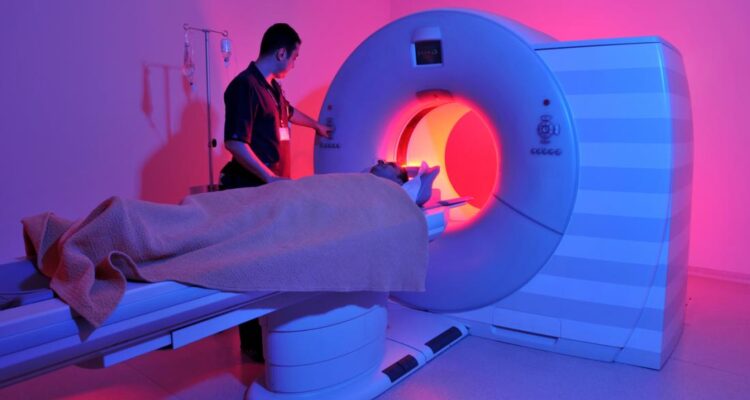Going for an MRI scan may seem a little daunting if you have never been for one before, but there is really nothing to worry about. MRI scans have been around since the 70s, and they are a medical procedure that produces detailed images of the inside of the body.
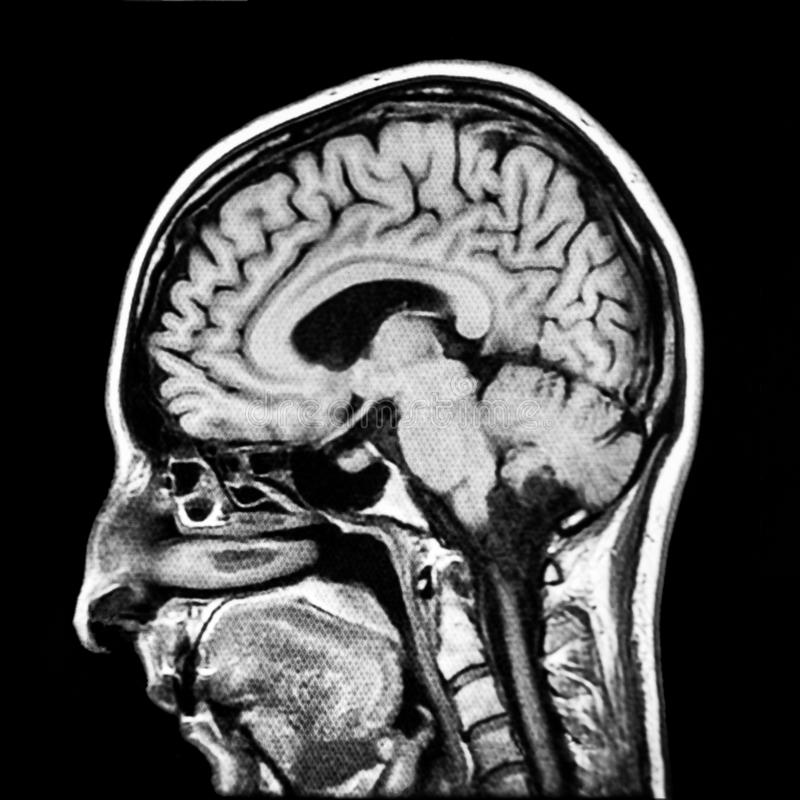
It does this by using radio waves and strong magnetic fields. It is used to scan a multitude of things within the whole body, including, but not limited to, the brain, the spinal cord, the heart, and blood vessels. The images produced from the scan can then be used to diagnose any issues found within the body, meaning a treatment plan can then be started. If you are about to have an MRI scan, but you’re not sure how to prepare or what to expect, then follow along for our step-by-step.
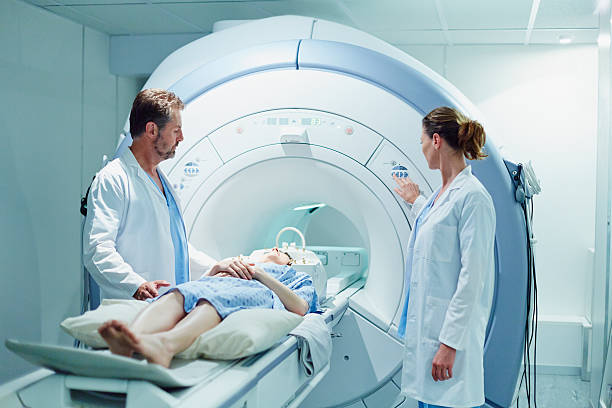
Preparing For The MRI
Preparing for an MRI is pretty simple and there is not much that you as an individual needs to do to get ready for it. You should be given your appointment in advance, so just make sure you block out the whole day for the MRI and turn up a bit early for the appointment. In terms of eating and drinking before an MRI, you should be able to eat and drink as normal, unless you have been specifically advised otherwise. Whether you can eat before an MRI is determined on if you have any certain health conditions. You will be informed in advance of all of this, and you might be advised to not eat for four hours before your scan.
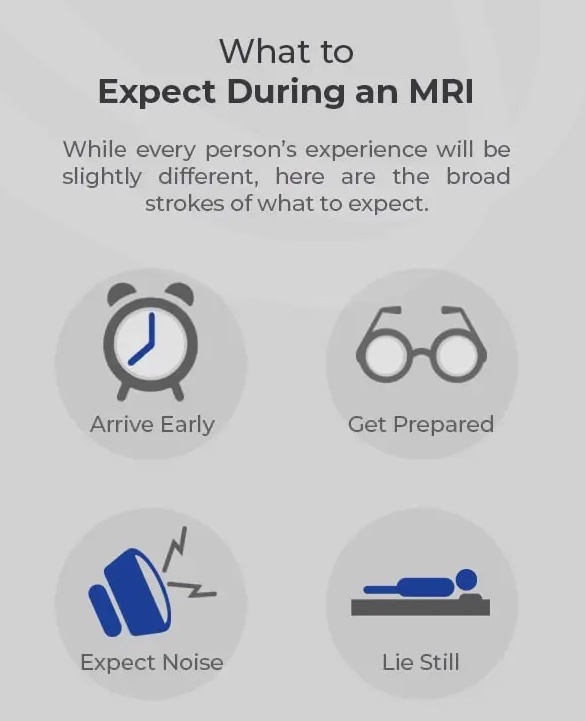
In terms of what to wear to your scan, it is advised to wear loose-fitting clothing or clothing you can easily take off if you are required to wear a hospital gown. Whether you wear a hospital gown will be dependent on what part of your body is being scanned. If you aren’t required to wear a hospital gown, then you should wear clothes without any metal. This included things like metal zippers, buttons, underwires, or belts. You will also be asked to remove any jewelry too. As the MRI produces strong magnetic fields, any sort of metal can potentially interfere with the scan, or it could get pulled off during the scan. It might sound like a lot to remember, but the staff at the MRI will inform you of this beforehand and will walk you through the whole process and ensure you are safe.
What To Expect
While an MRI scan may be a little claustrophobic, it is a painless procedure, and no anesthesia is needed. However, if you do suffer from major claustrophobia, you should discuss this with your doctor beforehand and see if they can provide a light sedative to make the process a bit easier for you. To start the MRI process, you will be asked to lay flat on your back on the motorized bed and it will then slowly move inside the cylindrical scanner. The process can take up to 90 minutes, and the radiologists will be situated outside the room where they can observe the MRI images. You will be able to talk to the radiologists throughout the whole process, so you can always let them know if you aren’t feeling comfortable.
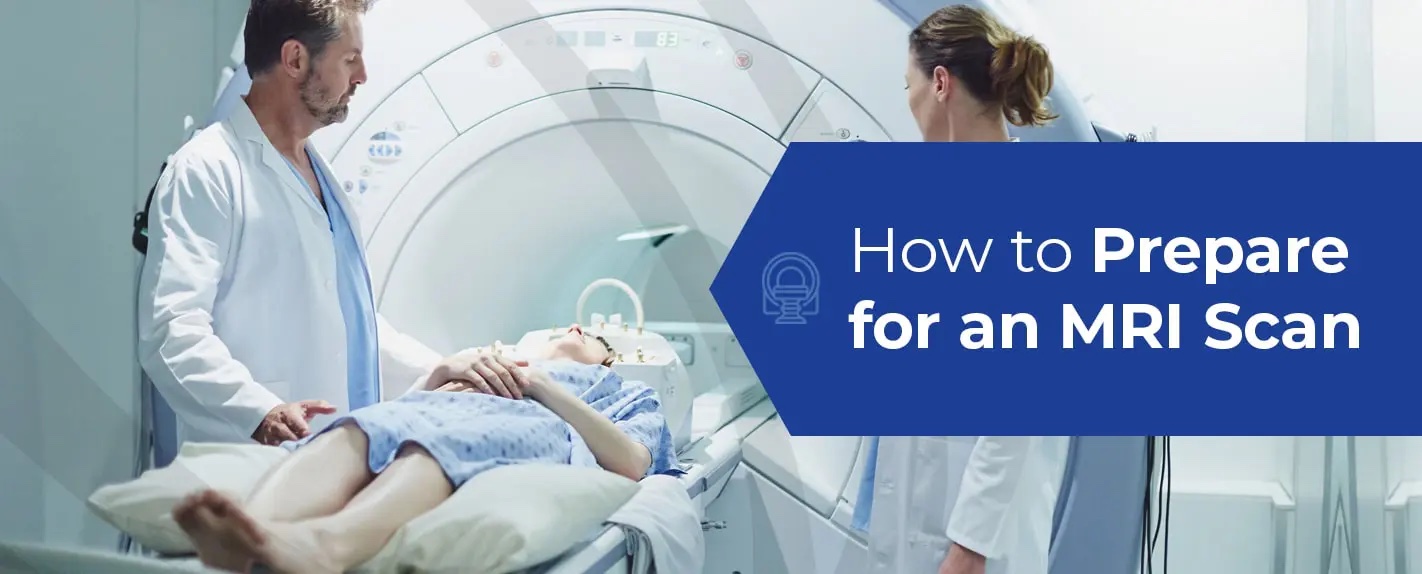
It is important during the process to lay still and relax as much as possible. The MRI scanner makes loud noises throughout which can seem a little scary, but it is just the scanner doing its job. Because the sound is so loud, you will be given ear plugs or headphones to protect your ears. If you wear the headphones, you will be able to listen to music throughout, so bring your favourite CD to help you relax a little. It is important to try and stay calm during an MRI scan and listening to music is one great way you can do this. Longer scans can get a little uncomfortable, so prepare yourself for it so the process is a little bit easier. Once the scan is completed, you will slowly be moved out of the scanner, and you can collect your things.
After The Scan
An overnight hospital stay is not required after an MRI scan, so you can resume your usual activities immediately. However, if you have been given a sedative, as mentioned above, then you will need someone to collect you from the appointment and take you home. It is unsafe to drive, drink alcohol, or operate heavy machinery for at least 24 hours after taking a sedative. Your doctor will inform you of all of this after the appointment anyway, but it is good to be aware of it beforehand so you can make appropriate travel arrangements. It is best if you have had a sedative to just take it slow for the rest of the day and try not to exert yourself too much. While there are no side effects of an MRI, taking a sedative will make you feel sluggish and drowsy for a few hours, so just be kind to yourself and let your body rest, particularly if you felt anxious during the scan.
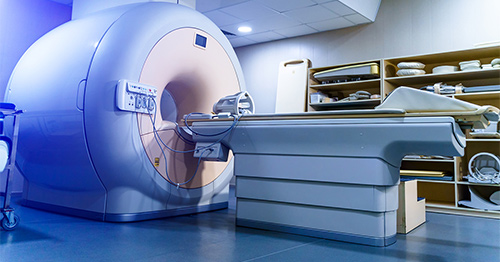
When you get the results of your scan will really be dependent on what part of your body was scanned and how long your scan was. For a longer scan, the results may take a bit longer as there are more images to get through. An MRI is such an important medical tool, so you need to be patient in waiting for your results if you want them to be accurate. Unless the MRI scan is considered urgent, expect to get the results of an MRI within a couple of weeks. Once the results have come through, the radiologist will report the results of the scan to your doctor. Your doctor will either discuss the results over the phone with you, or they may ask you to come in for a more in-depth conversation.

